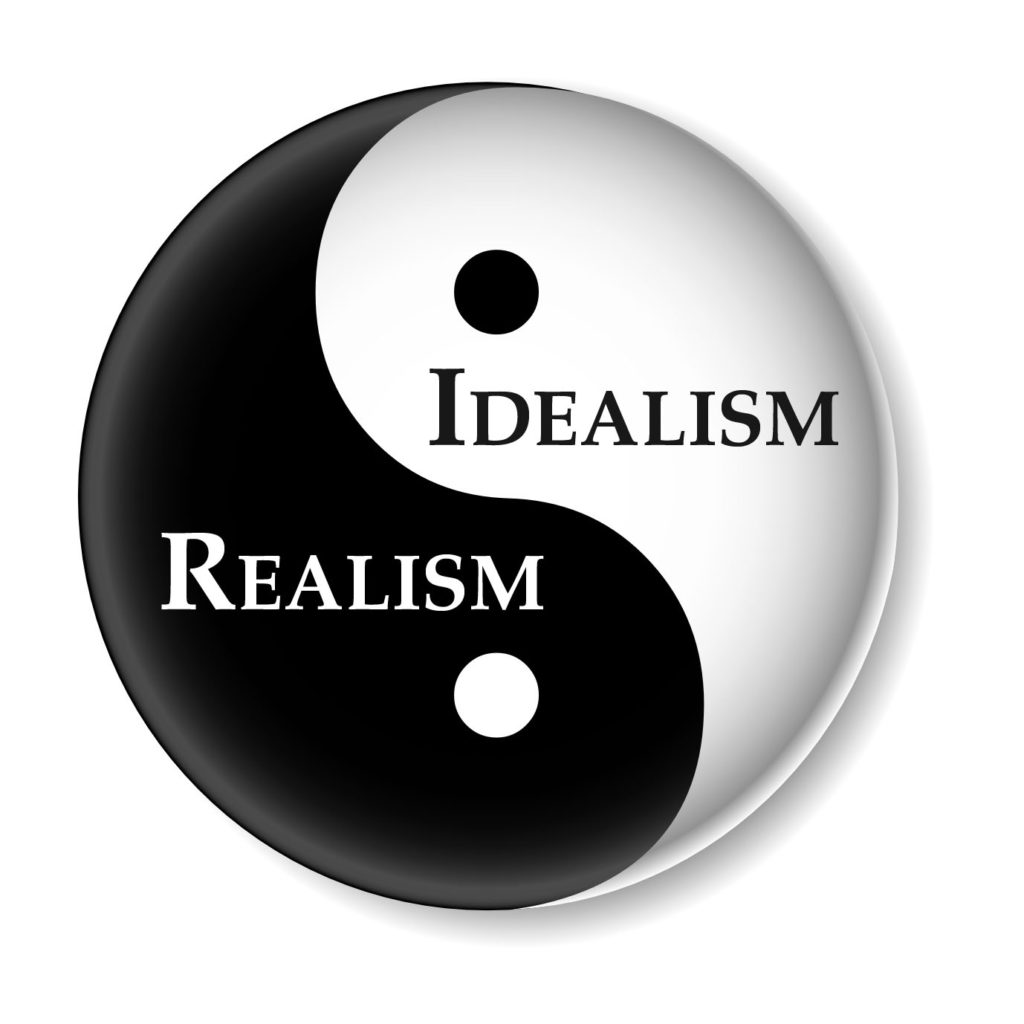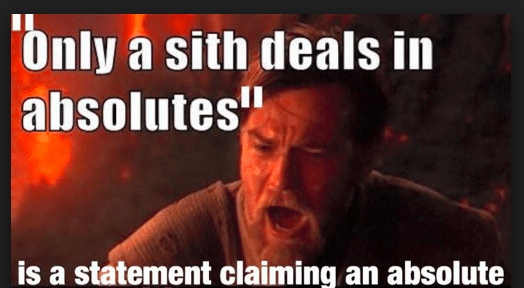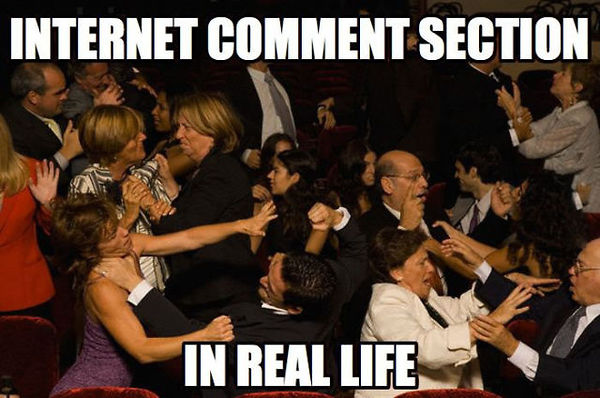Moderates in the information era
Where has Realpolitik gone?

Idealism and pragmatism have always been at odds with each other. It is a struggle as old as society itself probably. In his essay “Politics as a Vocation”, Max Weber described the politicians as
– somebody that needs to balance an “Ethic of Moral Conviction”, with an “Ethic of Responsibility.” The Ethic of Moral Conviction refers to the core unshakeable beliefs that a politician must hold. The Ethic of Responsibility refers to the day-to-day need to use the means of the state’s violence in a fashion which preserves the peace for the greater good. A politician, Weber writes, must make compromises between these two ethics. –
He continues by stating that the politicians must govern with his head, not any other part of the body nor the soul. The most effective politicians can excite the emotions of the people who follow, while governing strictly with a cold hard reason in the head. For example, a Christian idealistic politician would follow his core values even when his governing would prove to be unrealistic, while a pragmatist would find a compromise to achieve some results.
So now, you might be thinking that you can’t make a compromise about your ideals and it is worth fighting for them, even if they seem unachievable. On some of these ideals, I agree wholeheartedly, yet having this attitude on every and all political beliefs is what’s troubling me. I find the voters to be less and less willing to compromise, who tend to only listen to the voices of the extremes. This might be the paranoia of a self-defined pragmatist, but I can’t help but find clues of this trend everywhere in western democracies.
When it came to the last US general elections, the trend where a presidential candidate used to pander to the extremes of his party during the primaries only to water himself down during the election campaigns didn’t seem to apply to Donald Trump, which remained more or less constant in his boasting and promises till the end (and into the presidency too in a way).
 The same could be argued during the Brexit campaign or the Catalonian impasse, where neither sides were willing to step back. The opposite is also true, when a party reaches across the aisle for a compromise, it’s generally punished by the electorate, like in the case of Germany’s Große Koalition or the stalemate in Italian politics due to the unwillingness of every party to compromise on their ideals.
The same could be argued during the Brexit campaign or the Catalonian impasse, where neither sides were willing to step back. The opposite is also true, when a party reaches across the aisle for a compromise, it’s generally punished by the electorate, like in the case of Germany’s Große Koalition or the stalemate in Italian politics due to the unwillingness of every party to compromise on their ideals.
So what’s new under the sun you ask? Indeed I believe these behaviors to be very effective in gathering votes, nevertheless I think the current information era is emphasizing them much more than in the past. Every sentence, every picture could be de-constructed and brought to the extremes. In a society hungry for immediate news; clickbaits and snippets of information, there is no time to make a complex argument about a topic. It’s point blank right or wrong, black or white, and everything grey will go down in countless titles and used by both sides to prove their points. In an era where people read countless pieces of information every hour of every day, where sources or often even the article itself is overlooked and only the title matters, how can a politician do anything but pander to the extremes? Where can one find constructive dialogues in-between eco-chambers and caps-lock ridden comment sections?

The answer is clearly to hang out in better corners of the internet, but how many will? How many electors will form their political opinion based more on tribalism than rationality?
Nonetheless, I am optimistic. I believe we are at the beginning of a process (the information abundance) that will rationalize itself given time. Credibility will build up, certain behaviors and attitudes will be recognized more easily and we will learn to sift through the waves of news and possibly get a better perspective on issues and topics. We have the possibility that no other generation had: the abundance of knowledge. Right now, it’s chaotic and scary, but it’s a formidable tool that will, if properly harnessed, help us make better and more balanced choices.
